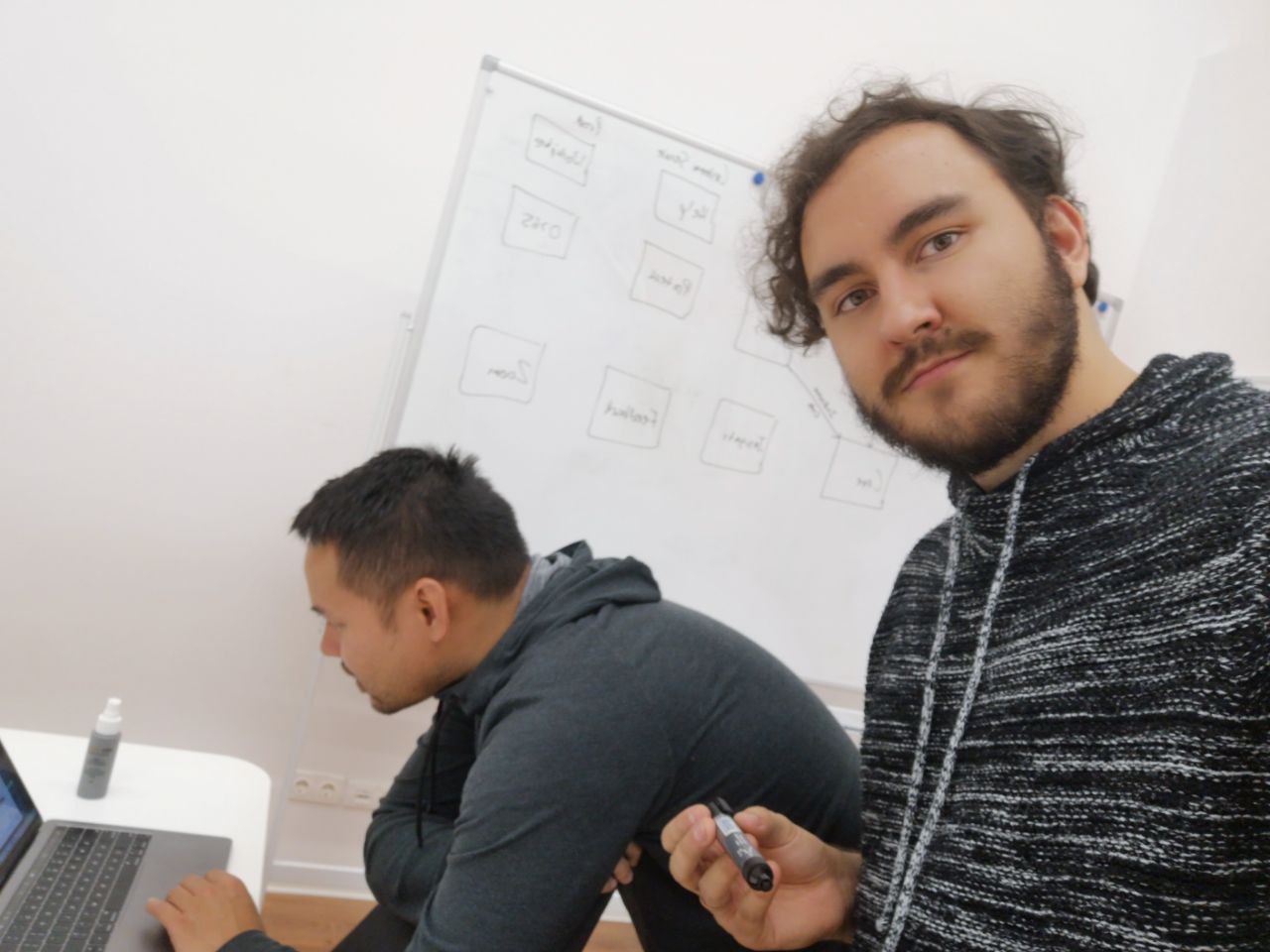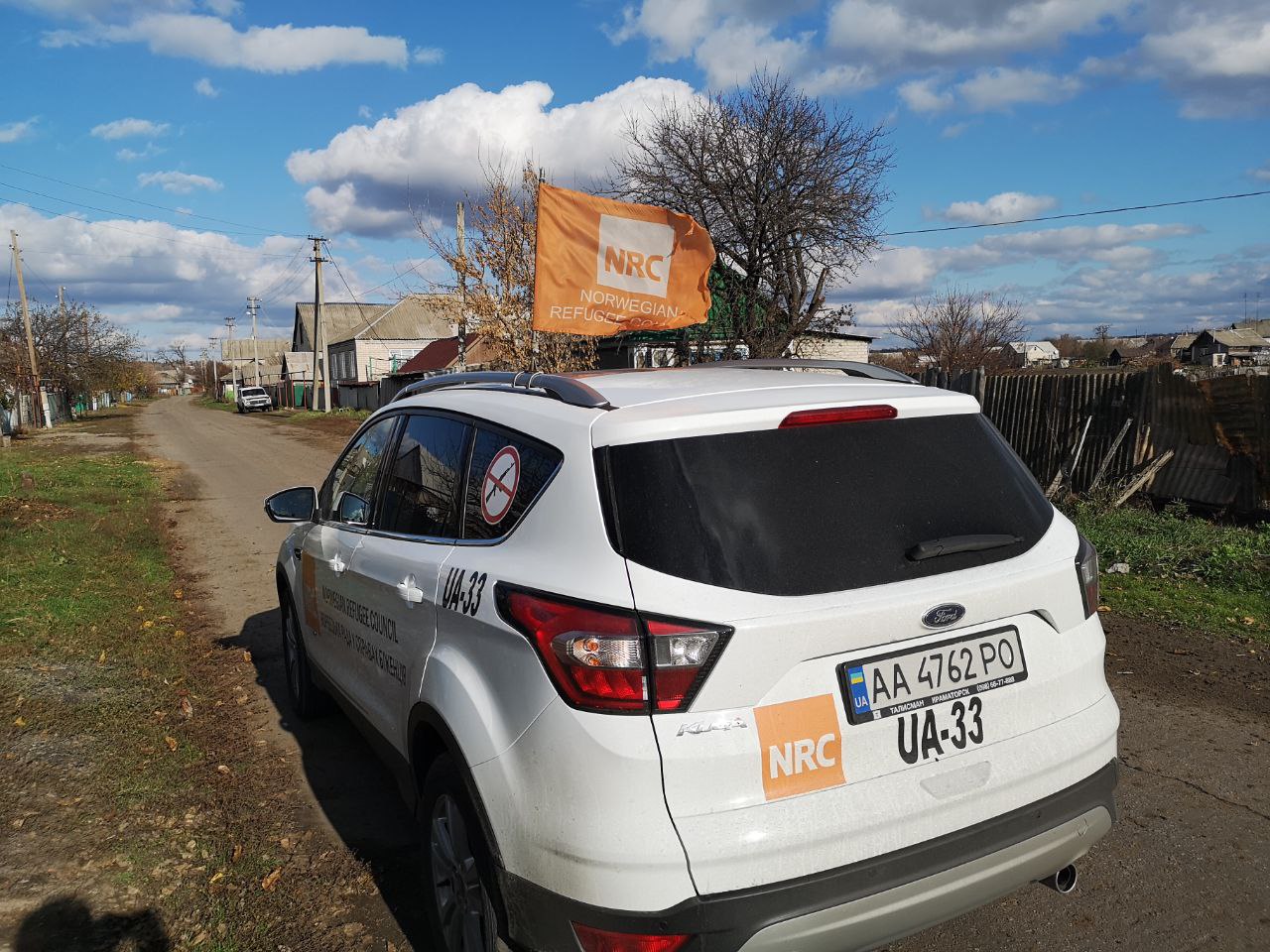Overview
The Norwegian Refugee Council (NRC, Norwegian: Flyktninghjelpen) is a humanitarian, non-governmental
organisation that protects the rights of people affected by displacement. This includes refugees and
internally displaced persons who are forced to flee their homes as a result of conflict, human rights
violations and acute violence, as well as climate change and natural disasters.
I spent just under 3 years at the Norwegian Refugee Council working as a member of the Digital Transformation
team located in Berlin. The digital transformation team was created to spearhead NRC's strategic initiative
to utilize technology to provide better services to refugees and internally displaced people areound the
world. Reporting directly to the CIO of the NRC, the D-Team is the highest technical capacity in the
organisation aiming to work on organisation-wide solutions.
I held various roles at the organisation: I started as a freelance developer, before being brought on full
time as a junior software developer. After 9 months I was promoted to the role of full-stack software
developer. I eventually transitioned to a backend and data engineering focussed role.
Key Contributions
Scaling an internal incident manage tool from a single country pilot to worlwide
usage in over 20 countries
Junior Software Developer, 2019
Took over as the sole developer on a Salesforce incident management tool, which aimed to provide a single
source of truth for internal incidents within the organisation. The scope covered breaches of code of
conduct, corruption, sexual exploitation and abuse, other crimes and disasters.
This tool enabled staff to safely report incidents using a webform protected by the organisational SSO tool
(Okta). Reports were fed into a custom-developed Salesforce data model via REST API. Dashboards and views
were set up to enable members of appropriate teams to manage the incidents.
I co-ordinated development with multiple stakeholders including protection from sexual exploitation and
abuse, anti-corruption and health, safety and security teams. Their requirements were gathered and worked
into a project backlog to be implemented in an agile manner.
Scaled project from a pilot running in a single country to organisation-wide usage in all NRC regions
worldwide over 2 days. Involved in hiring Salesforce administrator, who then took over the project.
Rapid development and deployment of a COVID-19 data collection tool
Full Stack Software Developer, 2020
Worked with senior developer to repurpose progress made on another project to create a reusable tech stack
for rapid applications development.
The tech stack included Directus, an open source headless CMS, MySQL and Angular. Built a frontend generator
which read Directus collection definitions to generate forms and views, which were automatically integrated
with the Directus REST API.
When the COVID-19 pandemic began to seriously affect NRCs operations worldwide, the tech stack was used to
set up a status reporting and visualisation tool which enabled managers in various regional, country and
area offices to report the status of their operations with regards to COVID-19 restrictions. Upper
management used the tool to inform decision making regarding various NRC programs.
Involved in frontend development using Typescript and Angular as well as deployment and operations of the
application on Kubernetes.
Software development on major internal tool for case and service management
Backend Developer, 2020-2021
Worked with a UX designer and product manager to collect requirements from various NRC core competency
groups. Developed a consolidated data model combining various previous regional efforts.
The project aimed to make it easier for field workers to safely collect and access beneficiary information
needed for service delivery, while automating the reporting burden of area and country offices towards
organisational verticals, donors and government agencies.
Developed prototypes on various technology stacks to aid CIO in deciding on which stack to use. Encouraged
selection of eventual tech stack based on React and Golang to deliver an inter source solution to encourage
engagement from other technical teams in the organisation.
Backend development using Golang and operation of application on Kubernetes using Microsoft Azure.
Rollout of Twilio for customer support calls
Backend Developer, 2021
Worked as the sole developer alongside a project manager to set up Twilio flows for handling customer support
calls. Wrote JavaScript programs using the Twilio SDK to route calls from various country codes to
appropriate support agents.
Deployment and operation of solution on Twilio cloud.
Set up ETL pipelines for private donor data warehouse
Backend Developer, 2021
Delivered ETL pipelines integrating various applications with a Snowflake data warehouse. Worked as the sole
developer on the project and aimed to enable ease of use for junior data analysts who the project would be
handed over to once development finished.
Solution used Azure Machine Learning to run Python-based ETL scripts. These were then scheduled to run on a
regular basis to ingest new advertising and analytics data from Facebook, Twitter, Youtube, Stripe and
GoCardless.
Project was delivered after an in-person sprint week hosted in Berlin with colleagues from Norway.

